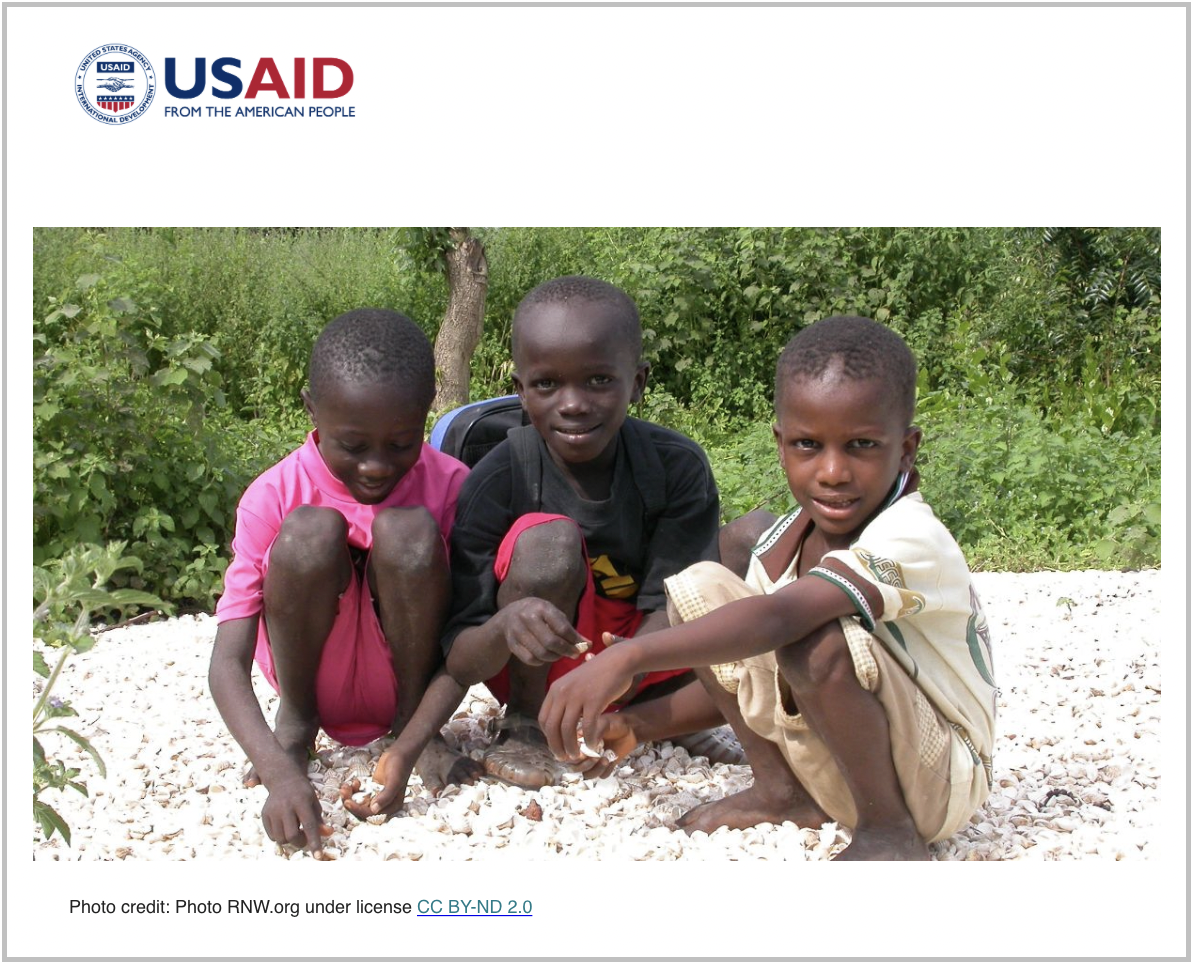Health inequities are systematic differences in the health status of population groups; social factors, such as education, employment status, income level, gender, and ethnicity influence an individual’s health.[1] Addressing health inequities is important because it not only affects the groups facing disparity, but also impacts the quality and cost of care, as well as the health of the broader population. One mechanism to address health inequities is extending financial protection schemes to the entire population, including the underserved and socially excluded groups (e.g., the rural, poor, elderly, disabled, pregnant women, children).
During the webinar, we will discuss promising approaches and strategies to ensure more equitable financial protection. Speakers will present findings from a global literature review and share practical experiences from Senegal. Presentations will focus on the non-financial barriers that need to be considered to optimize health coverage for the poor and vulnerable.
Featured Speakers
- Karishmah Bhuwanee, MSc, Senior Associate/Economist, Abt Associates (Moderator)
- Heather Cogswell, MPH, MBA, Health Financing Associate, Abt Associates
- Scott Stewart, PhD, MSPH, Senior Health Economist, Lead, Resource Optimization Team, USAID Office of Health Systems, Bureau for Global Health
- Marie Therese Rose Ndiaye, MSc, Head of the Division of Care for the Indigent and Vulnerable People, Operations Department of the National Agency for Universal Health Coverage, Ministry of Community Development of Social and Territorial Equity of Senegal
- Ousseynou Diop, PhD, Health Economist, Director of the Single National Register, General Delegation for Social Protection and National Solidarity of Senegal
[1] WHO. 2017. 10 Facts on Health Inequities and their Causes. Retrieved on June 27, 2020
Event Time : 23 Jun 2022 7:00 am to 23 Jun 2022 8:00 am
Timezone: UTC−04:00
Event is Conference : Yes
REGISTER


